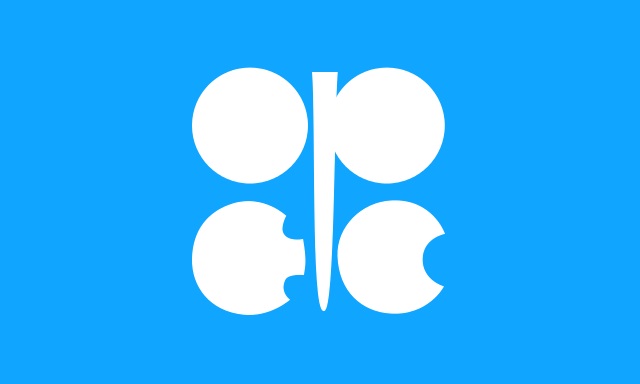Energy
OPEC's Oil Price War Not Working Out So Well -- for OPEC
Published:
Last Updated:

OPEC also has raised its forecast for 2015 global demand growth to 1.38 million barrels a day, up from 1.34 million in 2014. Demand in 2016 is now forecast at 94.04 million barrels a day, an increase of 1.34 million over 2015 levels.
The cartel also reported that the average price of a barrel of oil from its reference basket fell by a whopping 10% per barrel in July, from $60.21 in June to $54.19. OPEC noted that speculators cut net long positions in the futures market by more than 50%.
Total OPEC crude oil production in June averaged 31.51 million barrels a day, up 101,000 from June’s total. That is the highest monthly total so far in 2015 and well above the annual averages for 2013 and 2014. The total is based on non-OPEC estimates.
Total non-OPEC supply is forecast to average 57.46 million barrels a day in 2015, up 960,000 barrels a day compared with the cartel’s June forecast, while noting that the forecast is “associated with a high level of risk.” U.S. product is forecast to grow from an estimated total of 13.86 million barrels a day (including natural gas liquids and other liquids) this year to an average of 14.19 million barrels a day in 2016.
Total world oil supplies are now forecast at about 94.9 million barrels a day in 2015, about 860,000 barrels a day more than total demand.
As the data OPEC report indicates, production continues to outstrip demand and will continue to do so through 2016. The July price drop of 10% in the OPEC reference basket has got to be punishing to some of the cartel’s members.
Saudi Arabia produced 10.56 million barrels a day in June, and July production is unlikely to be lower. The price war that the Saudis goaded the rest of OPEC into back in November has not had the short-term effect the Saudis hoped for, and even OPEC’s own estimates show that production is on track to be higher than demand again next year. The price war is nowhere near over.
ALSO READ: 7 Countries Near Bankruptcy
Thank you for reading! Have some feedback for us?
Contact the 24/7 Wall St. editorial team.